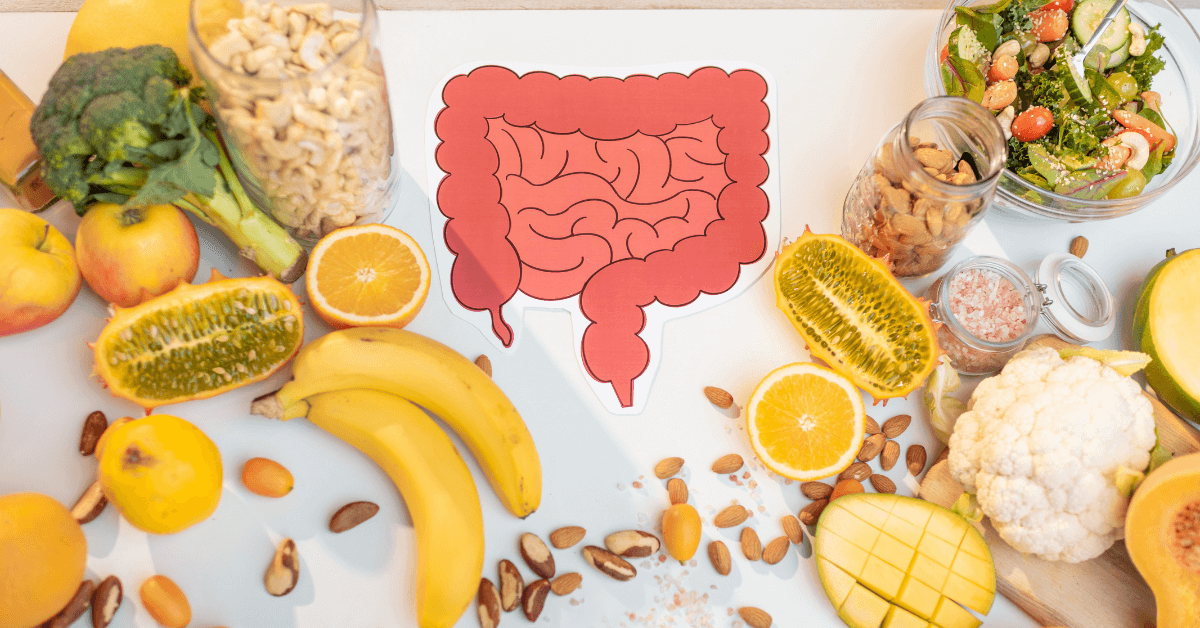The Gut-Mind Connection
The connection between our gut and our mind is a fascinating and complex relationship that is worth exploring. Let’s take a look at the profound ways in which gut health influences our mental state and overall happiness.
The Gut-Brain Axis
The gut and the brain are intricately interconnected through a bidirectional communication network known as the gut-brain axis. This axis involves a constant exchange of information and signals between the central nervous system and the gut. It is through this axis that the gut microbiota, a collection of trillions of microorganisms residing in our digestive tract, exerts its influence on our mental health.
Serotonin & the Gut
Did you know that a significant portion of serotonin, often referred to as the “happy hormone,” is actually produced in the gut? Serotonin not only regulates mood but also plays a crucial role in appetite, sleep, and cognition.
The gut microbiota directly influences serotonin production, highlighting the impact of gut health on our mental wellbeing.
Inflammation & Mental Health
Chronic inflammation in the gut has been linked to several mental health disorders, including depression, anxiety, and even neurodegenerative diseases like Alzheimer’s and Parkinson’s.
An unhealthy gut can lead to increased permeability of the gut lining, allowing harmful substances to enter the bloodstream (read more in our article on “leaky gut”). This triggers an immune response and chronic inflammation, which can negatively impact brain function and mental health.
The Role of Gut Microbiota
The gut microbiota plays a pivotal role in maintaining a healthy gut-brain axis. A diverse and balanced gut microbiota is associated with better mental health outcomes. On the other hand, an imbalance or dysbiosis in the gut microbiota has been linked to increased susceptibility to mental health conditions.
Factors such as diet, stress, antibiotics, and lifestyle choices can significantly impact the composition and diversity of our gut microbiota.
Improving Gut Health for Mental Wellbeing
Thankfully, there are several steps we can take to improve our gut health and, consequently, support our mental wellbeing. Here are a few strategies:
- Eat a balanced diet: Consuming a wide variety of low-sugar fruits, vegetables (especially leafy greens), whole grains, and fermented foods can nourish the gut microbiota and promote a healthy gut-brain axis.
- Reduce stress: Chronic stress negatively affects gut health. Engaging in stress-reducing activities such as regular exercise, meditation, practising gratitude and spending time in nature can have a positive impact on both gut and mental health.
- Limit processed foods & sugar: These can disrupt the gut microbiota and promote inflammation. Opt for whole, unprocessed foods whenever possible.
- Consider probiotics & prebiotics: Probiotics are beneficial bacteria that can be found in certain foods or taken as supplements, while prebiotics are dietary fibers that feed the good bacteria in our gut. Both can help enhance gut health.
As our understanding of the gut-brain connection grows, it becomes clear that nurturing our gut health is vital for maintaining optimal mental wellbeing. By prioritising a healthy gut through diet, stress management, and lifestyle choices, we can positively impact our mental state, promote happiness, and improve overall quality of life.







